The prefect of Lot-et-Garonne orders the Caussade dam removal
No less than 5 court decisions, favorable to FNE and SEPANSO Aquitaine, as to the illegality of the project, had not prevented the Chamber of Agriculture of Lot-et-Garonne to build a dike 300 meters long by 12 meters high on the Caussade stream in order to create an artificial lake of 920 000 m3 for about 20 farmers.
But on May 2, the state took a decree obliging the Chamber of Agriculture to destroy the dam within 3 months and to restore the site under 18 months: restore the riverbed, wetlands, destroyed habitats many protected species; put in place compensation measures proportionate to the impacts of illegal work …. The decree also specifies that the Chamber of Agriculture must record 1 million euros corresponding to the dam removal works, with a penalty of 500 € per day within 3 months if the reservoir has not disappeared.
In a territory where the lack of water is regular, FNE denounced a racket of water and a project that did not respond to the challenges of climate change and sharing the resource. In its court decision, the court also pointed out that this project is incompatible with the Water Framework Directive and the SDAGE (Master Plan for Water Development and Management) of the Adour-Garonne basin and acknowledged the lack of contribution of the project to the adaptation of agricultural productions to climate change “.
This is a victory for the NGOs, who will monitor the application of the decree and rely on the authorities to enforce the rules.
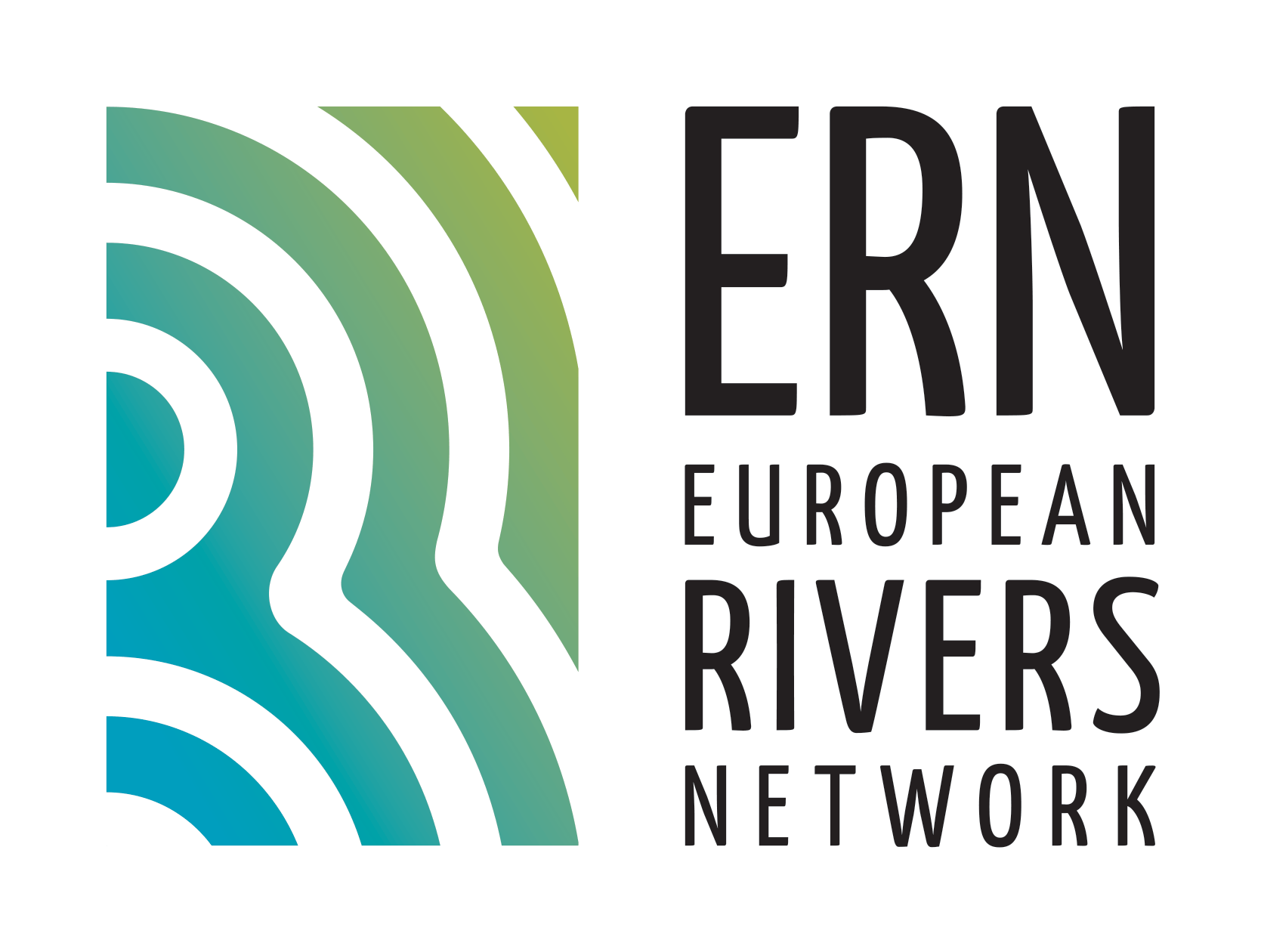
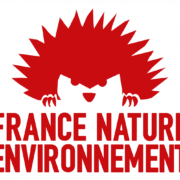
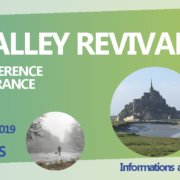
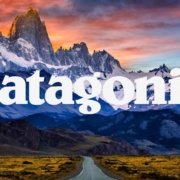

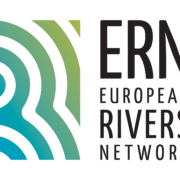
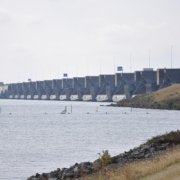
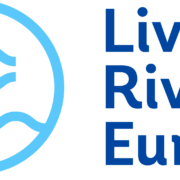

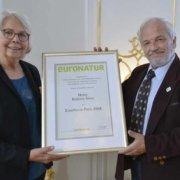
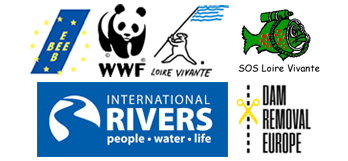 ERN is the official WWF Freshwater Partner in France and cooperates with WWF Switzerland, Austria, Netherlands and others
ERN is the official WWF Freshwater Partner in France and cooperates with WWF Switzerland, Austria, Netherlands and others